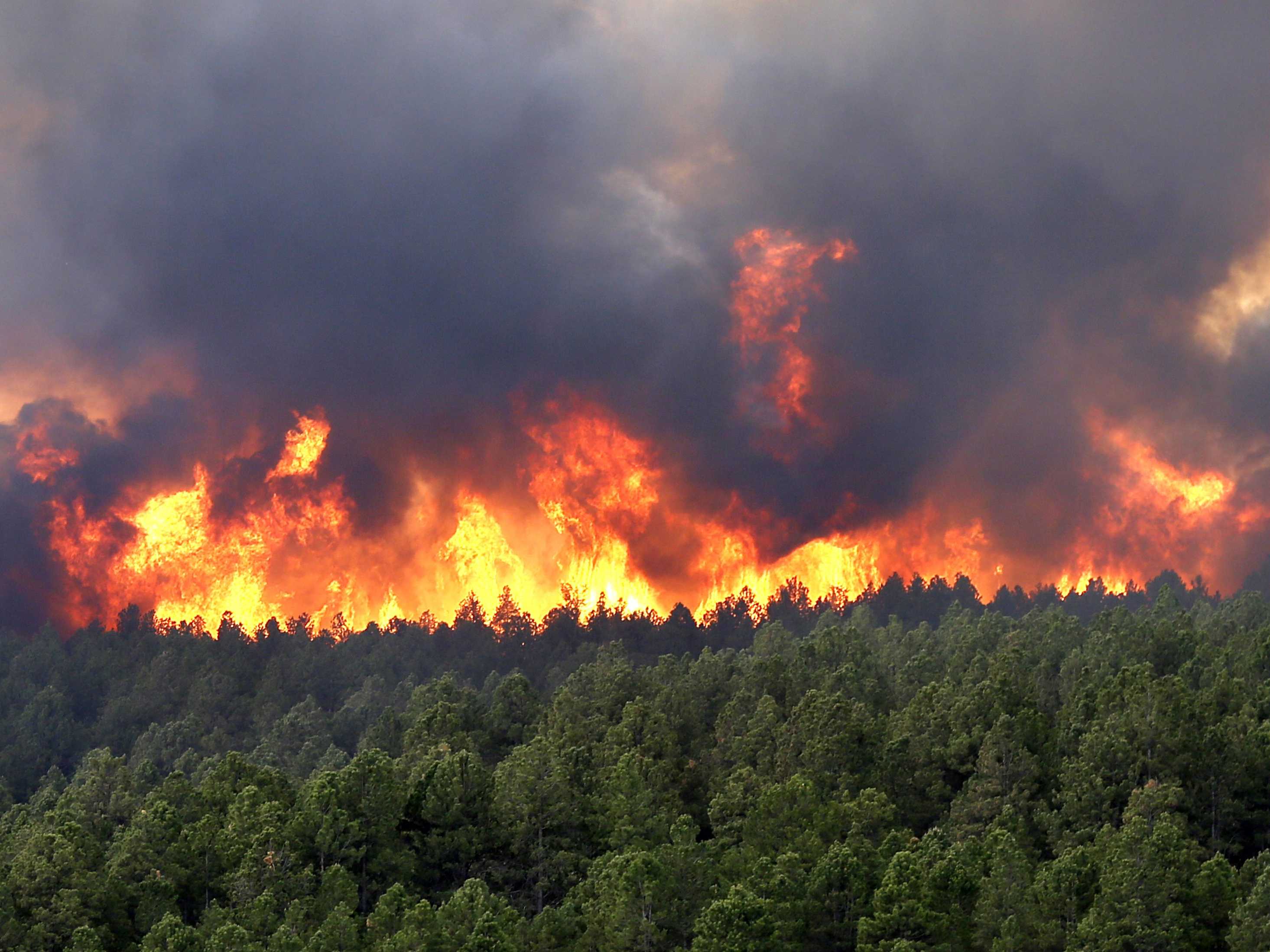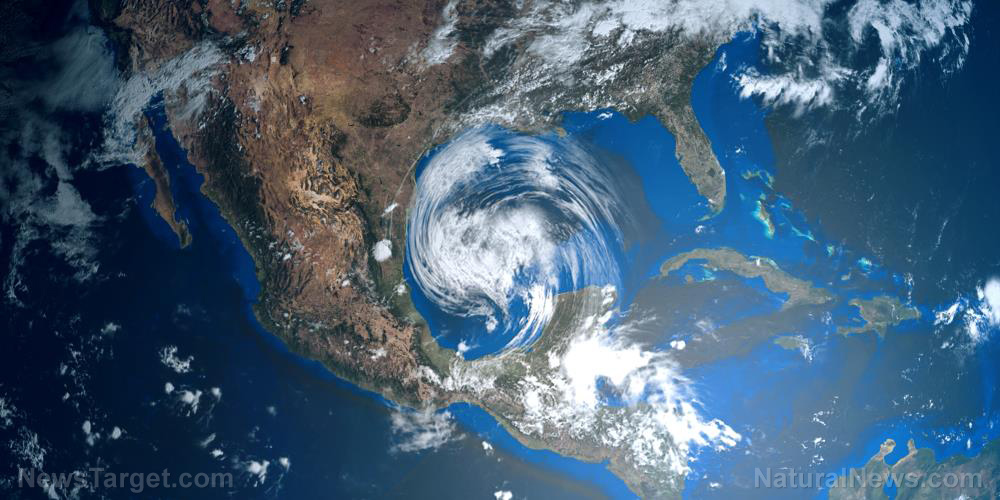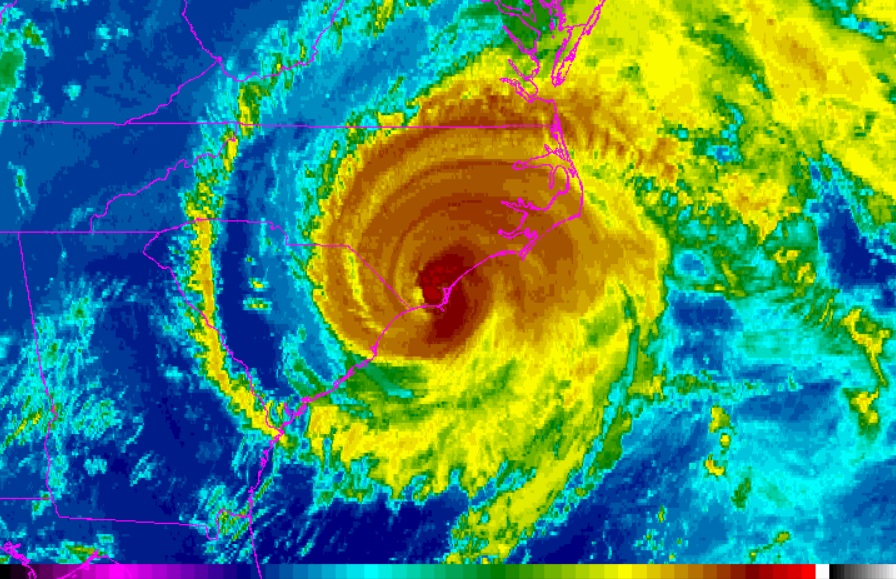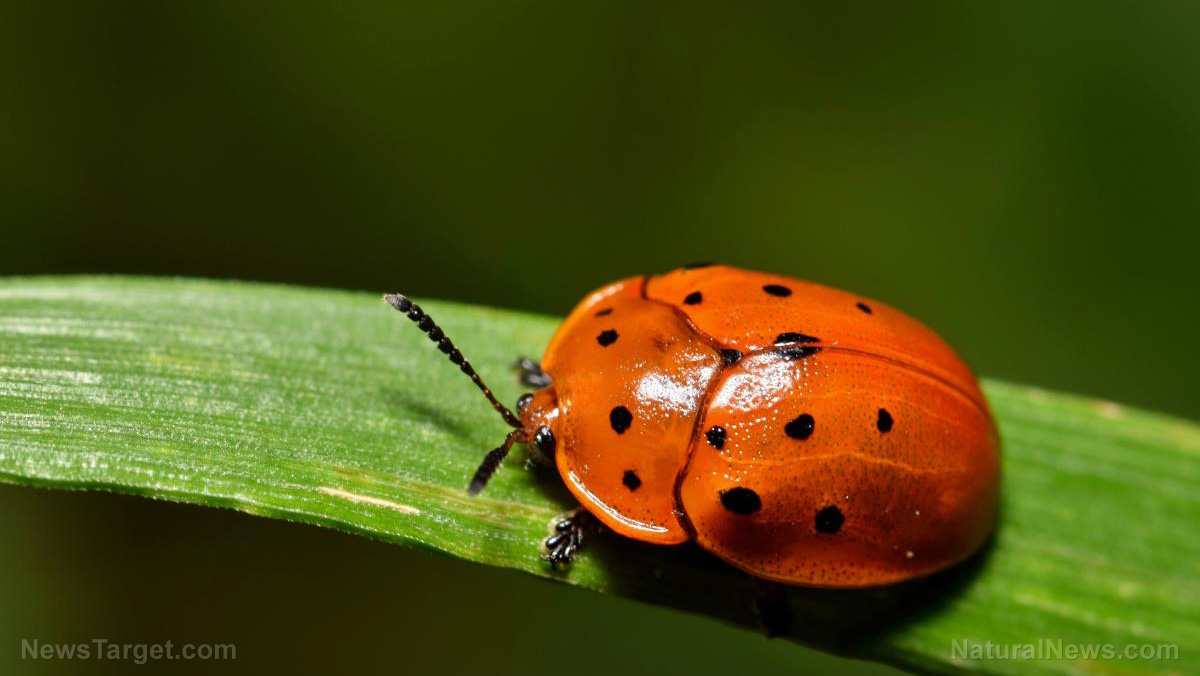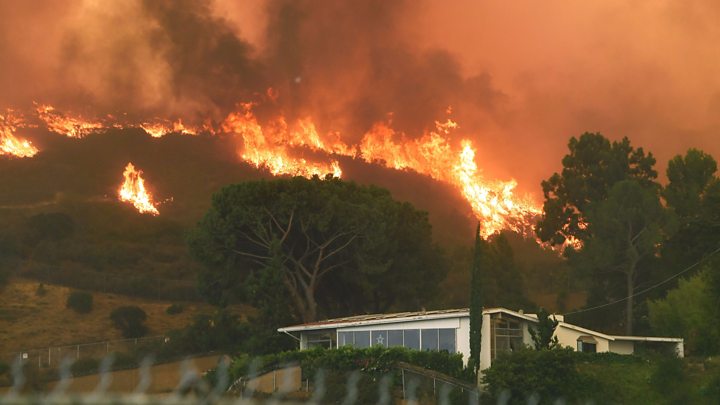Terraforming Mars? Heal the Earth first, says grassroots group
09/15/2020 / By Michael Alexander

Researchers and scientists toying with the idea of terraforming Mars are better off using their expertise to help heal the Earth instead.
This is according to conceptual artist Jonathon Keats, who, in a statement, said that “re-wilding” – the act of letting other life forms such as plants and animals take back their spaces – can help humanity figure out the ethical and procedural problems ingrained in the very concept of terraforming.
“How do we terraform Mars? We can get ideas from re-terraforming Earth,” said Keats, who often tackles space-related themes in his art.
In addition to learning from the experience, Keats added that doing so would also serve to stave off the Anthropocene, a period of time in which human activities had impacted the environment enough to trigger distinct geological changes.
What is the Anthropocene?
As noted by Jan Zalasiewicz, a geologist at the University of Leicester and convenor of the Working Group on the Anthropocene (WGA), the Anthropocene likely started during the early 1950s, the decade in which thermonuclear bomb tests began spreading radioactive particles around the globe.
This period is marked by signals and geologic markers, such as the unprecedented rise in plastic pollution, which, according to a study, is now being deposited into the fossil record.
According to studies, other major markers associated with the Anthropocene include an increase in erosion and sediment transport associated with urbanization and agriculture; an increase in ocean acidification; rapid changes in the biosphere due to deforestation and the global mass extinction of multiple species of both plants and animals.
The latter, multiple experts have said, is especially concerning, noting that while there have been mass extinction events in Earth’s history where vast portions of the Earth’s biosphere have been wiped out, those were all triggered by natural causes such as asteroids and volcanic eruptions and not by the efforts of a single species. (Related: NASA scientists discuss the feasibility of humans colonizing Mars.)
What can be done to halt the Anthropocene’s effects on the planet?
Despite the gravity of the effects of the Anthropocene, however, Keats says there are still ways to effectively counter it.
According to Keats, who is part of a grassroots group called The Pioneers that aims to effectively stave off the Anthropocene, one way to do this is to catalog areas that are still alive, such as forests and even cracks in city sidewalks where weeds and other hardy plants have taken root.
Keats added that one can take cues from their group’s members who are actively distributing packets containing the seeds of native grasses, as well as nutrient mixes designed to spur the growth of lichens ?– composite organisms formed by algae or photosynthetic cyanobacteria and fungi.
Doing this, Keats argued, could help nature take back the areas and environmental niches that have been claimed by the modern world.
While there is already enough evidence of humanity’s negative impact on the planet on the Earth’s crust, such as radioactive molecules to plastics and high concentrations of industrial toxins, Keats hopes that re-wilding the planet can, at the very least, cap that.
“The layer that we lay down is the ultimate picture of ourselves. We can make the Anthropocene not an epoch or even an age, but a monument to a near-death experience that we overcame,” Keats said.
For more studies and stories on scientific discoveries and other similar findings, visit Discoveries.news.
Sources include:
Tagged Under: carbon dioxide, cosmic, Earth, Ecology, future science, goodenvironment, human colonies, Mars, Mars colonization, Mars exploration, planets, reforestation, rewilding, space exploration, terraforming

